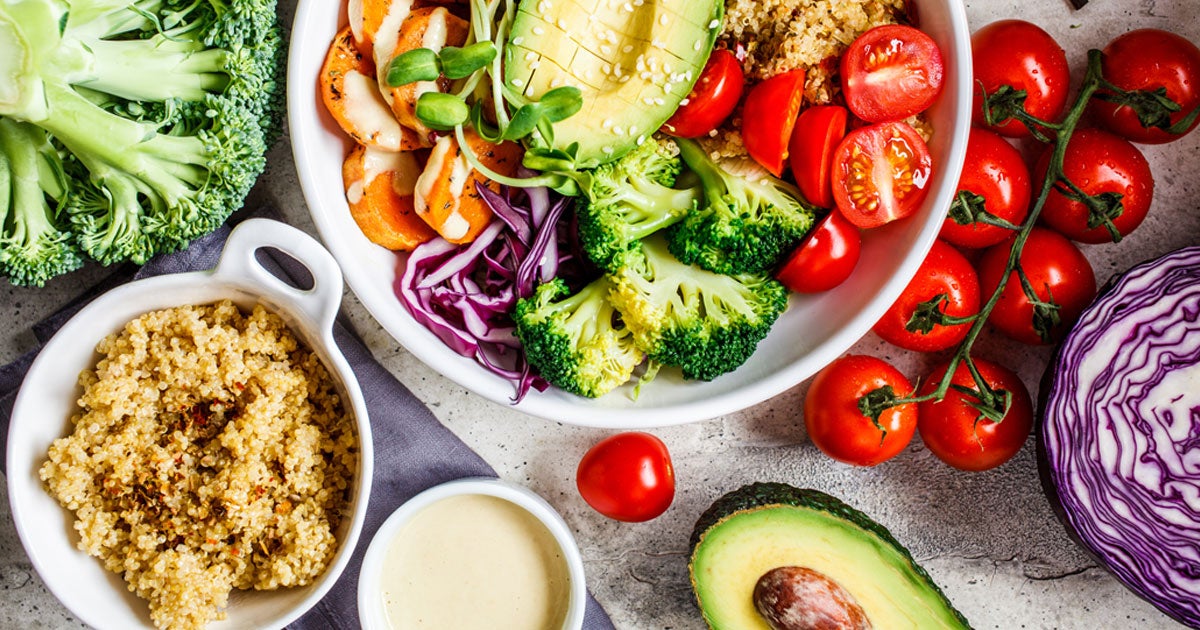
As we age, maintaining good health becomes increasingly important. Nutrition plays a crucial role in promoting longevity and enhancing quality of life. Adopting a diet rich in essential nutrients can help prevent chronic diseases, boost immune function, and support cognitive health. Here are some nutrition secrets to help you age healthily and gracefully.
Ensuring Adequate Fiber Intake
Fiber is crucial for maintaining digestive health and preventing constipation, a common issue in older adults. High-fiber foods like whole grains, fruits, vegetables, and legumes help regulate bowel movements and support a healthy gut microbiome. Adequate fiber intake also aids in managing cholesterol levels and controlling blood sugar, reducing the risk of heart disease and diabetes.
Monitoring Health with Innovative Tools
Innovative tools like Soberlink can also support healthy ageing by promoting accountability and monitoring wellness. Soberlink reviews positively provide a comprehensive system for individuals managing alcohol use disorder. The system features a breathalyzer with wireless connectivity, enabling real-time monitoring and reporting. This immediate feedback helps users stay on track with their health goals, supporting overall well-being. By incorporating such tools into daily routines, individuals can better manage their health and make informed lifestyle choices.
Including Healthy Fats
Healthy fats are essential for brain health and reducing inflammation. Omega-3 fatty acids, found in fatty fish like salmon, as well as flaxseeds, chia seeds, and walnuts, are particularly beneficial. These fats support cognitive function and can help lower the risk of cognitive decline and dementia. Incorporating avocados, olive oil, and nuts into your diet also provides monounsaturated fats that promote heart health.
Managing Blood Sugar Levels
Maintaining stable blood sugar levels is vital for preventing diabetes and managing energy levels. Eating balanced meals that include a mix of carbohydrates, proteins, and fats can help regulate blood sugar. Choosing low-glycemic index foods such as whole grains, legumes, and non-starchy vegetables can prevent spikes in blood sugar and provide sustained energy throughout the day.
Enhancing Gut Health
A healthy gut microbiome is linked to improved immunity and overall health. Probiotic-rich foods like yogurt, kefir, sauerkraut, and other fermented foods can help maintain a balanced gut flora. Prebiotics, found in foods like garlic, onions, bananas, and asparagus, feed the beneficial bacteria in your gut, supporting digestive health and enhancing nutrient absorption.
Reducing Sodium Intake
An elevated risk of heart disease and hypertension are linked to high sodium intake. Reducing the amount of salt in your diet by cooking with herbs and spices instead of salt, and avoiding processed foods, can help manage blood pressure. Reading food labels and choosing low-sodium options can significantly contribute to better heart health as you age.
Maintaining a Healthy Weight
Maintaining a healthy weight is important for overall health and can help prevent various age-related conditions. A balanced diet that includes a variety of nutrient-dense foods supports weight management. Regular physical activity, combined with mindful eating practices, ensures that you stay within a healthy weight range, promoting longevity and reducing the risk of chronic diseases.
Conclusion: Embracing Nutrition for Healthy Ageing
In conclusion, embracing a well-balanced diet rich in essential nutrients is key to healthy ageing. Incorporating antioxidant-rich foods, prioritizing protein intake, supporting bone health, and staying hydrated are fundamental strategies. Additionally, using innovative tools like Soberlink can enhance accountability and support overall wellness. By making informed dietary choices and monitoring your health, you can enjoy a higher quality of life as you age
